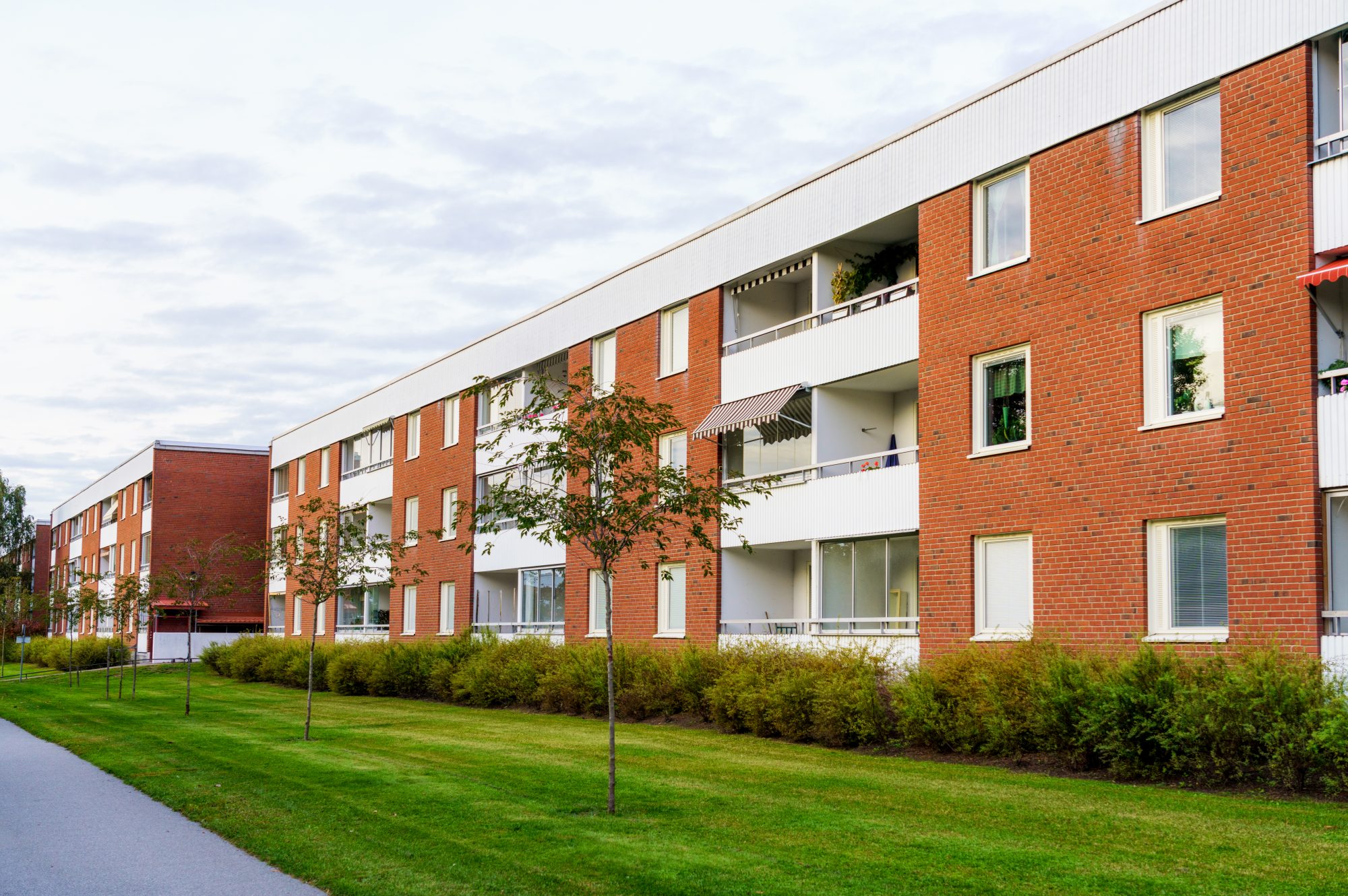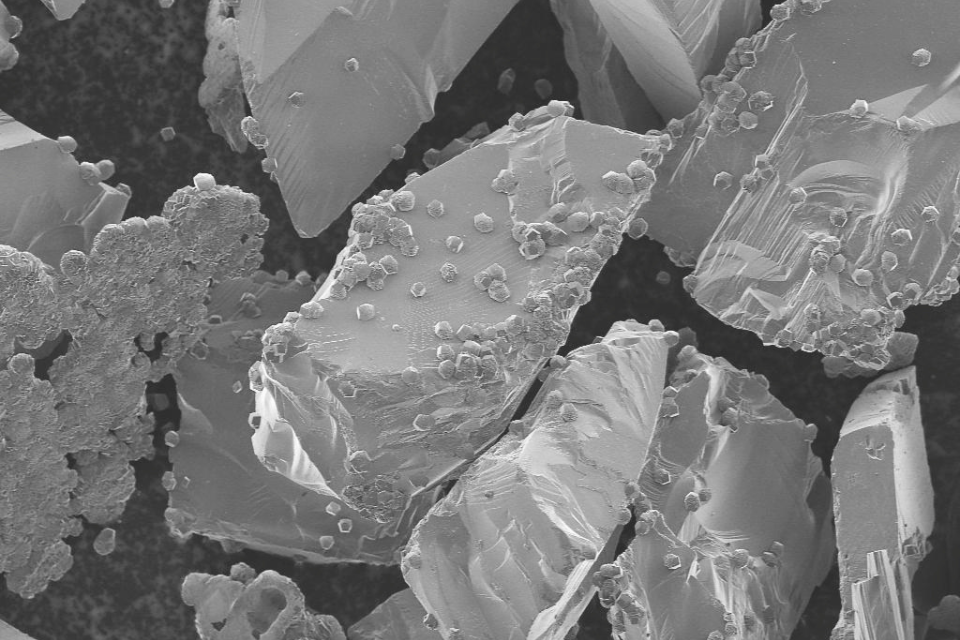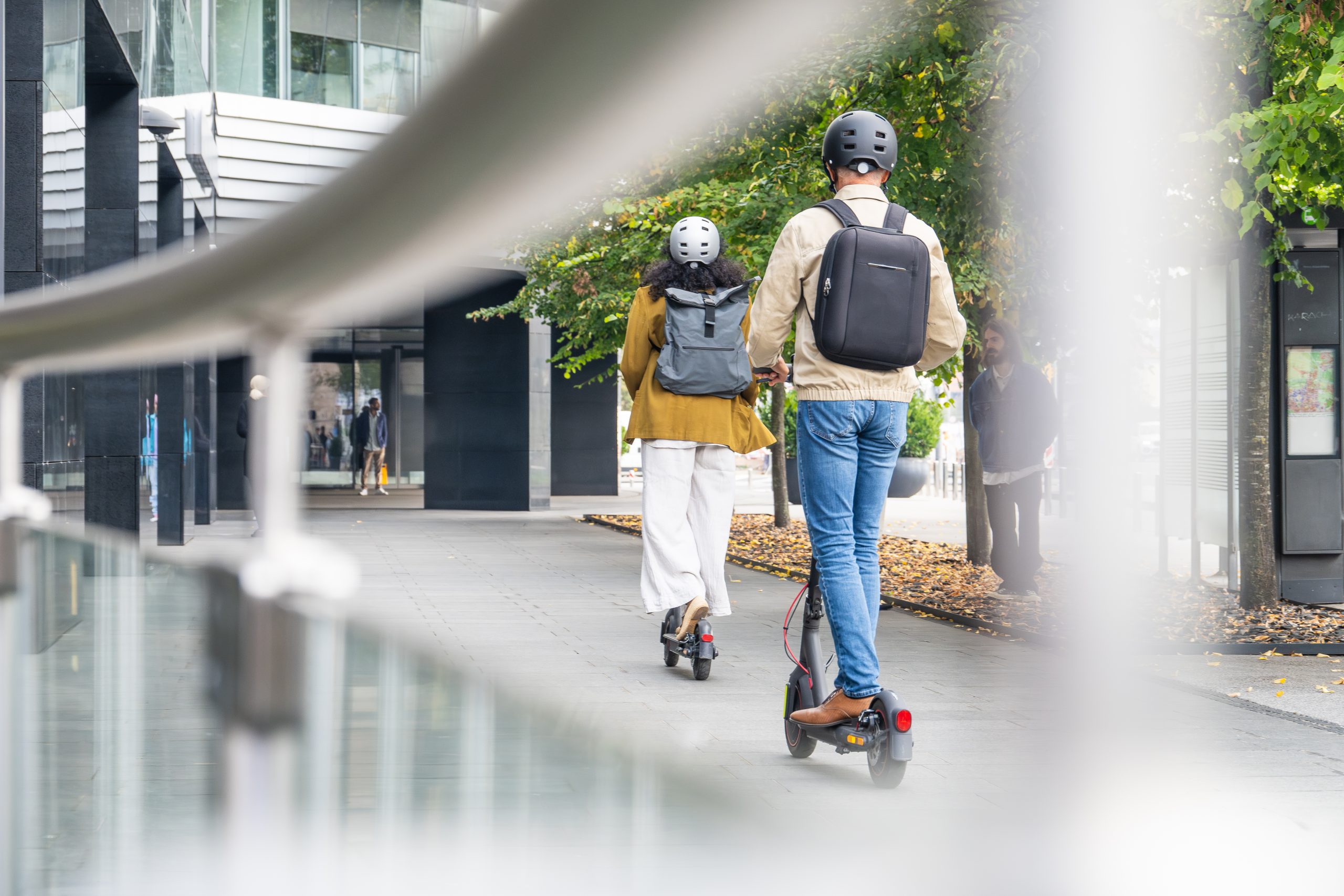New report offers options to accelerate heat pump adoption in low-rise multi-unit buildings.
As B.C. prepares for another summer of potential extreme heat, a new report by Urban Climate Leadership, in collaboration with the City of Vancouver and the Pacific Institute for Climate Solutions, offers recommendations to overcome one of the biggest barriers to climate resilience in low-rise multi-unit residential buildings: financing.
The Dialogue Summary Report: Financing and funding heat pumps in low-rise multi-unit residential buildings captures the insights and strategies developed through a series of dialogues hosted over the past year. The dialogues convened more than 170 people from more than 100 organizations, including private, public, nonprofit, and Indigenous sectors, all working to advance heat pump adoption in an equitable, affordable, and scalable way.


Older low-rise buildings, many built more than 75 years ago, are among the most vulnerable to rising temperatures. These buildings, which house all sorts of people, have been largely underserved by existing retrofit and climate adaptation efforts. Urban Climate Leadership’s dialogue series focused on centring resident health, safety, and affordability while advancing a bold and collaborative transition to low-carbon heating and cooling systems.
“B.C. has this incredible cluster of innovative doers from the private, public, and nonprofit sectors who are trying to solve a complex challenge — supporting the health, safety and resilience of residents living in three- and four- story buildings” says UCL founder Shauna Sylvester.
Key recommendations from the report include:
- increasing private sector and institutional investment to drive demand and market readiness.
- strengthening and expanding financing mechanisms, including loan loss reserves and aggregated retrofit financing models.
- aligning policy and regulation to support uptake and reduce administrative burden.
- expanding access and equity by targeting funding to underserved ownership types.
While the work is rooted in B.C., the insights and proposed models have national relevance. The report calls for continued collaboration among government, utilities, private capital, and housing providers to test and refine solutions—with urgency—and to ensure that financial tools align with the scale and complexity of the challenge.



